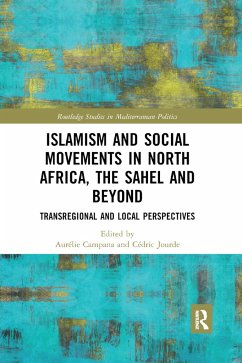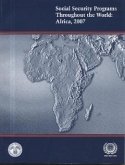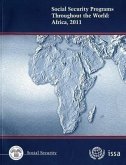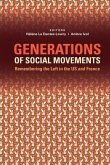As North African, Middle Eastern, and Sahelian societies adapt to the post-Arab Spring era and the rise of violence across the area, various groups find in Islam an answer to the challenges of the era. This book explores how Islamist social movements, Sufi brotherhoods, and Jihadi armed groups, in their great diversity, elaborate their social networks, and recruit sympathizers and militants in complicated times. The book innovates by transcending regional boundaries, bringing together specialists of the three aforementioned regions. First, it highlights how geographically dispersed religious groups define themselves as members of a larger, universal Umma, while evolving in deeply embedded local contexts. Second, its contributors prioritize in-depth fieldwork research, offering fine-grained, original insights into the manifold mobilization of Islamist-inspired social movements in Egypt, Libya, Tunisia, Mali, Senegal, Mauritania, Burkina Faso, and Western Europe. The book sheds light on the tense debates and competition taking place amongst the different trends composing the Islamist galaxy and between other groups that also claim an Islamic legitimacy, including Sufi brotherhoods and ethnic and/or tribal groups as well. This book was originally published as a special issue of Mediterranean Politics.
Hinweis: Dieser Artikel kann nur an eine deutsche Lieferadresse ausgeliefert werden.
Hinweis: Dieser Artikel kann nur an eine deutsche Lieferadresse ausgeliefert werden.







